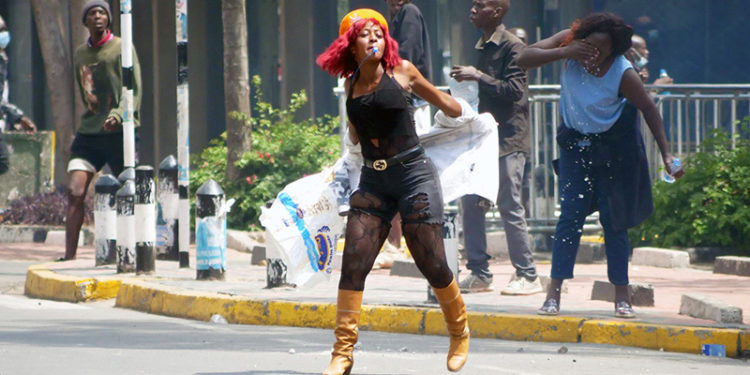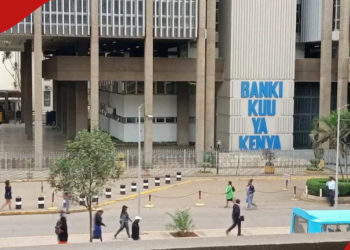Kenya’s 2025 maandamano became one of the most defining moments of modern civic activism, fueled by a young population that was tired, outspoken, and ready to reclaim its voice. What started as grief and frustration quickly transformed into a nationwide movement that blended on-the-ground marches with powerful digital activism. Gen Z — bold, creative, and deeply connected through the internet — led the charge, turning what could have been isolated demonstrations into a coordinated national moment.
At the center of the maandamano was a demand for justice, accountability, and dignity. Young Kenyans highlighted issues that had been simmering for years: surging living costs, unemployment, corruption, and recurring incidents of police brutality. The death of a young blogger who had been loved online intensified emotions, acting as a spark that lit a fire across multiple cities. While older generations had protested before, this new wave felt different — faster, sharper, and more united across class and region.
What made the movement especially unique was how digital culture shaped it. TikTok, X, and Instagram became organizing hubs, with live streams, graphic explainers, hashtags, and crowdsourced fact-checking ensuring the message stayed consistent. Instead of relying on traditional organizers, Gen Z built its own decentralized communication system. Within hours, thousands could gather, share safety updates, or expose misinformation. It was activism in real time — fast, transparent, and impossible to suppress.
On the streets, the atmosphere shifted between solidarity, tension, and raw emotion. Young people chanted, held placards, filmed everything, and supported each other with water, first aid, and safe-route updates. Despite facing tear gas, arrests, and confrontations with police, the movement persisted. For many, it wasn’t just a protest; it was a cultural turning point — a moment of reclaiming collective agency.
The maandamano also revealed important truths about Kenya’s democracy. It showed that young citizens are no longer willing to stay silent or be sidelined. It pushed leaders to respond, opened new debates about reform, and proved that digital-era activism can reshape political reality in powerful ways. Whether in victory or continued struggle, the 2025 maandamano left a mark: a new generation now understands its strength, its unity, and its ability to influence national direction.


















